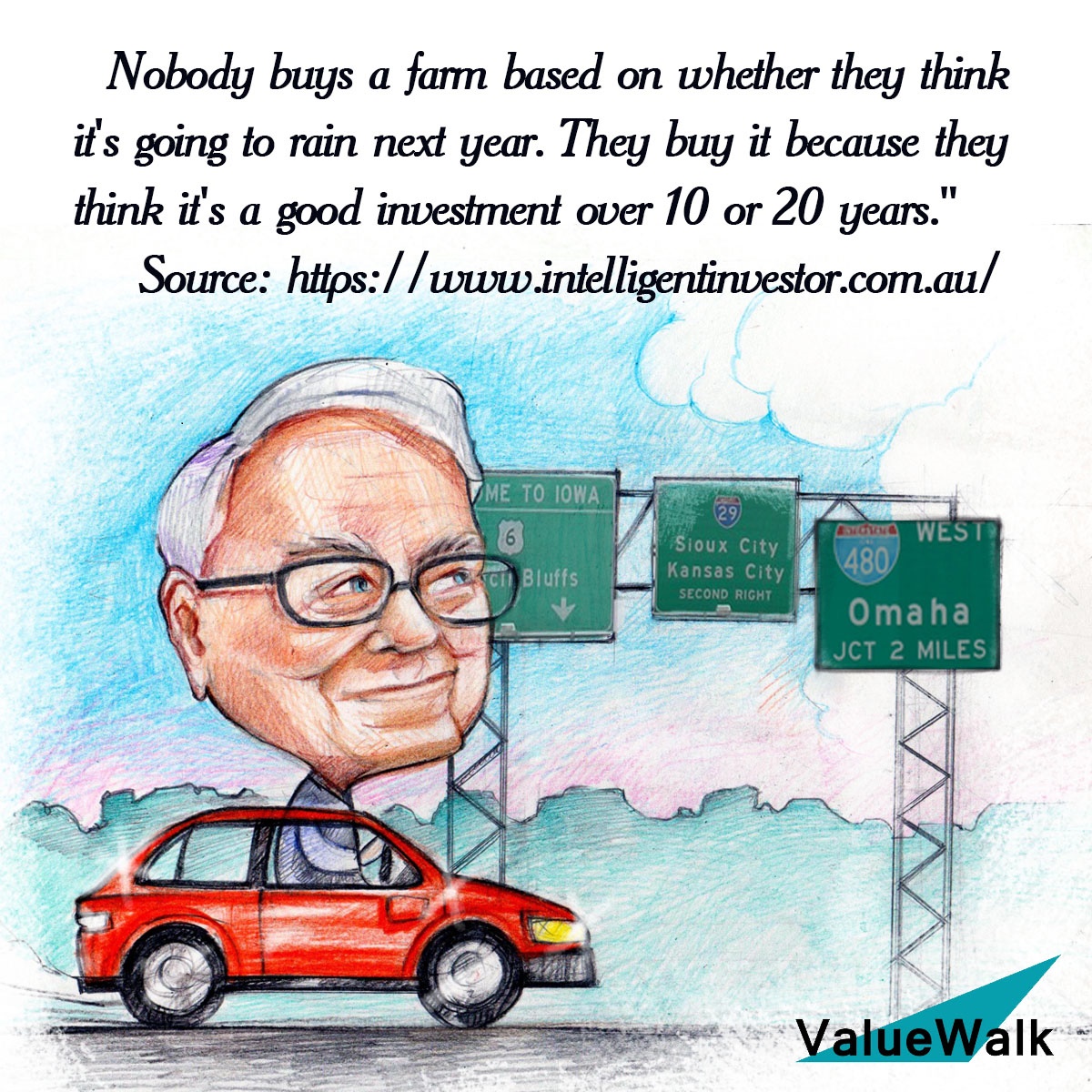Looking for some wisdom to guide you while you’re finding your feet as an investor? Here are 5 fundamental rules from great investors, past and present.
Q3 2020 hedge fund letters, conferences and more
Rule 1: Avoid Losses
Warren Buffett, Investor
“The first rule of investment is: “Don’t Lose”. And the second rule of investment is: “Don’t forget the first rule.”
As a new investor, there’s a temptation to attribute your first gains to your innate talent and insight. It’s equally easy to dismiss your first losses as insignificant, and write them off as ‘bad luck’. What the world’s most successful investor is saying here is that losses are more significant than gains, and, to stay in the game, you need to focus your attention on avoiding them.
George Soros, Investor
“It’s not whether you’re right or wrong that’s important, but how much money you make when you’re right and how much you lose when you’re wrong.”
Unambiguous advice from another of the world’s most great investors, which reinforces Warren Buffet’s message. Rather than focussing on the excitement of short-term gains, the key to successful investing is to control your losses.
Rule 2: Timing is everything
Baron Rothschild
“Buy when there is blood in the streets.”
(Not literally, just when people are panic selling!)
Peter Lynch, Investor and author
‘More people lost money waiting for corrections and anticipating corrections than the actual corrections.”
Buying low and selling high is a market no-brainer. Hesitating in the desperate hope that the market will change direction, in whichever way it’s moving, is a sure road to loss of capital the opportunity to maximize your gains.
Rule 3: Knowledge is indispensable
Benjamin Franklin, Polymath, Politician, Philosopher
“An investment in knowledge pays the best interest.”
Paul Clitheroe, Author, Financial Advisor
“Invest in yourself. Your career is the engine of your wealth.”
The stock markets are no place to be without the right information and understanding of how they work. Successful investors understand this at a fundamental level. Never underestimate the need to invest your time and effort in gaining the expertise you need to succeed. Ensure your knowledge is current, accurate, and complete before you make a move.
And when you think about it, this doesn’t just apply to investing, it applies to whatever you want to achieve in life.
Rule 4: Remove the emotion
Jesse Livermore, Speculator
“The speculator’s deadly enemies are ignorance, greed, fear and hope.”
Paul Samuelson, Economist
“Investing should be more like watching paint dry or watching grass grow. If you want excitement, take $800 and go to Las Vegas.” If you think investing is gambling, you’re doing it wrong. The work requires planning and patience!
As an investor, you live with two choices. You choose either to experience the pain of discipline or to live with the pain of regret. Virtually every successful speculator stresses the need to remove emotion from the business of investment and let the close analysis of data be your only guide. This is easier said than done. It’s always exciting when you make the right trade, at just the right time, and make a fantastic profit.
A large, unexpected loss can dent confidence and make you hesitant about making further trades. However, with experience, you’ll come to realize that there’s no place for optimism or pessimism in the markets. All decisions should be based on objective data and realism.
Rule 5: It’s the results, not the efforts, that count
Warren Buffett, Investor
“If you don’t find a way to make money while you sleep, you will work until you die”
T. Harv Eker, Author, businessman
“Rich people choose to get paid based on results. Poor people choose to get paid based on time.”
Thinking like a rich person to escape from the treadmill of employment, has been the subject of several popular books. The theme they all have in common is that getting rich is never about working harder, or longer hours. It’s about thinking creatively of ways to make money while you sleep, that is, finding ways to generate income 24/7/365.
Online investment platforms allow you to access global markets, and to automate your trades so you will exit when certain limits are reached. This means that you don’t have to be tied to your screen all-day, every day.
In the end, the only measure of your success as an investor, are the results you achieve, so take good notice of the advice of the world’s experts and create your own investment success story.
Article by Vintage Value Investing

